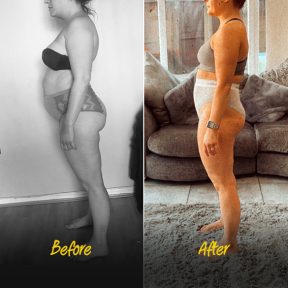Why over-training can decrease your loss in body fat
Overtraining can decrease your loss in body fat. Over time, this cycle of starting the next training session before allowing recovery causes breakdown of the very parts of the body that you work so hard to build up.
Your body needs proper nutrition and rest so that it can build up the areas that you worked, including your muscles, bones, heart and lungs. If your workout slightly exceeds your current ability, it will adapt toward what you did in a positive way. If the workout far exceeds your ability, it will take a longer recovery time to adapt and may lead to injury and can stall loss of body fat.
The problem with overtraining is that the signs and symptoms show up very gradually and can look like other problems. Below are the hallmark signs and symptoms of overtraining:
- Recurrent or prolonged injuries like tendinitis or stress fractures.
- Illnesses caused by decreased immune system function.
- Decreased performance (getting slower or weaker).
- Amenorrhea, or the absence of periods in women.
- Chronic fatigue.
- Rapid loss of lean body weight (weight loss without body fat loss).
- Increase in morning resting heart rate.
Preparing for and allowing time for recovery is essential. Your body uses the nutrients you have given it during the rest time, especially sleep, to strengthen. When you care for your body appropriately, you will see results and sticking to this meal plan will help you do this.
Two main factors are necessary in recovery: nutrition and time. Good nutrition, including hydration and protein intake, is extremely important, especially within 40 minutes of your workout.




